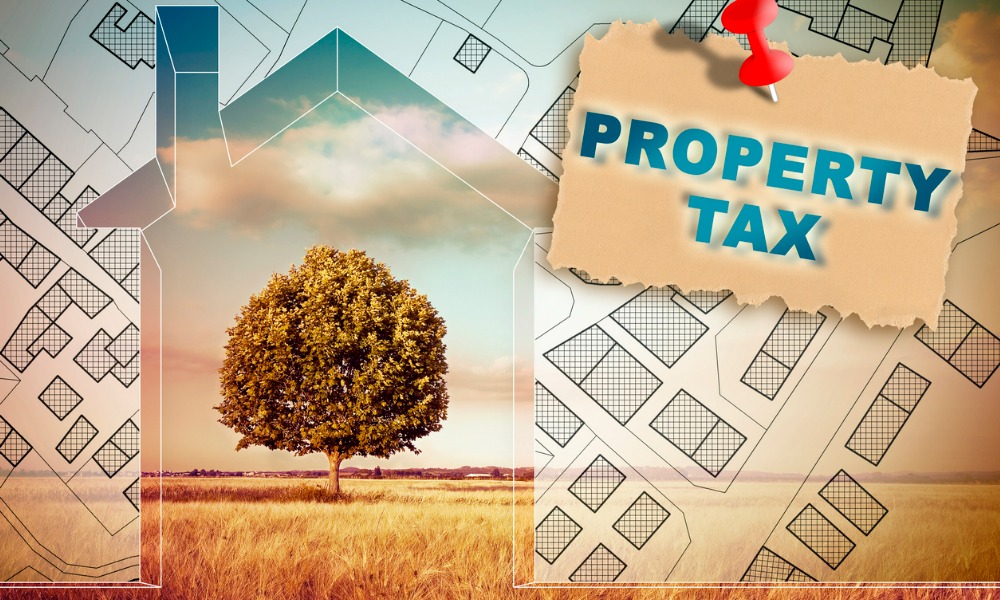Dozens of owners called the measure, which was meant to help ease housing supply issues, 'unfair and discriminatory'

In an address to the Halifax Chamber of Commerce earlier this week, Nova Scotia Premier Tim Houston announced the revisions the provincial government is making on a divisive non-resident property tax enacted last month to help alleviate the province's housing shortage.
Non-resident owners of properties such as small cottages will be excluded from the tax on the first $150,000 of the home's municipal assessment, according to Houston.
Furthermore, a 0.5% tax will be imposed to properties worth between $150,000 and $250,000, with a 2% tax added to properties worth more than $250,000.
Active members of the Canadian Armed Forces will be exempted from paying the annual tax, as per Houston, as part of revisions coming out this spring.
Non-resident property owners were obliged to pay $2 per $100 of assessed value of their residential properties under the non-resident tax passed last month in the provincial budget.
The levy was enacted by Houston's government to encourage non-residents to sell their houses to locals, but scores of property owners testified at public hearings last month that it was "unfair and discriminatory."
A second tax, also included in the budget, imposes a 5% transfer tax on non-residents who acquire property in the province but do not move to the province within six months of the closing date.
Although Nova Scotia "loves our seasonal residents,” Houston said, he explained that the tax is meant to help people who live in the province year-round but can't afford a house.
“We are positioned to grow in every region, but we need housing,” Houston said in a news release announcing the changes. “This is one way our government is addressing the housing crisis and these changes respond to concerns we have heard from Nova Scotians.”
Finance Minister Allan MacMaster has recognized, however, that it will be impossible to tell whether the levies will assist in solving the housing crisis until they are imposed.
The adjustments, according to MacMaster, are in reaction to some of the concerns aired during the legislative process.
“We are listening to the feedback we have received and believe that these changes reflect some of the concerns raised by non-resident property owners,” MacMaster said in the news release. “We expect regulations to be finalized this spring.”



